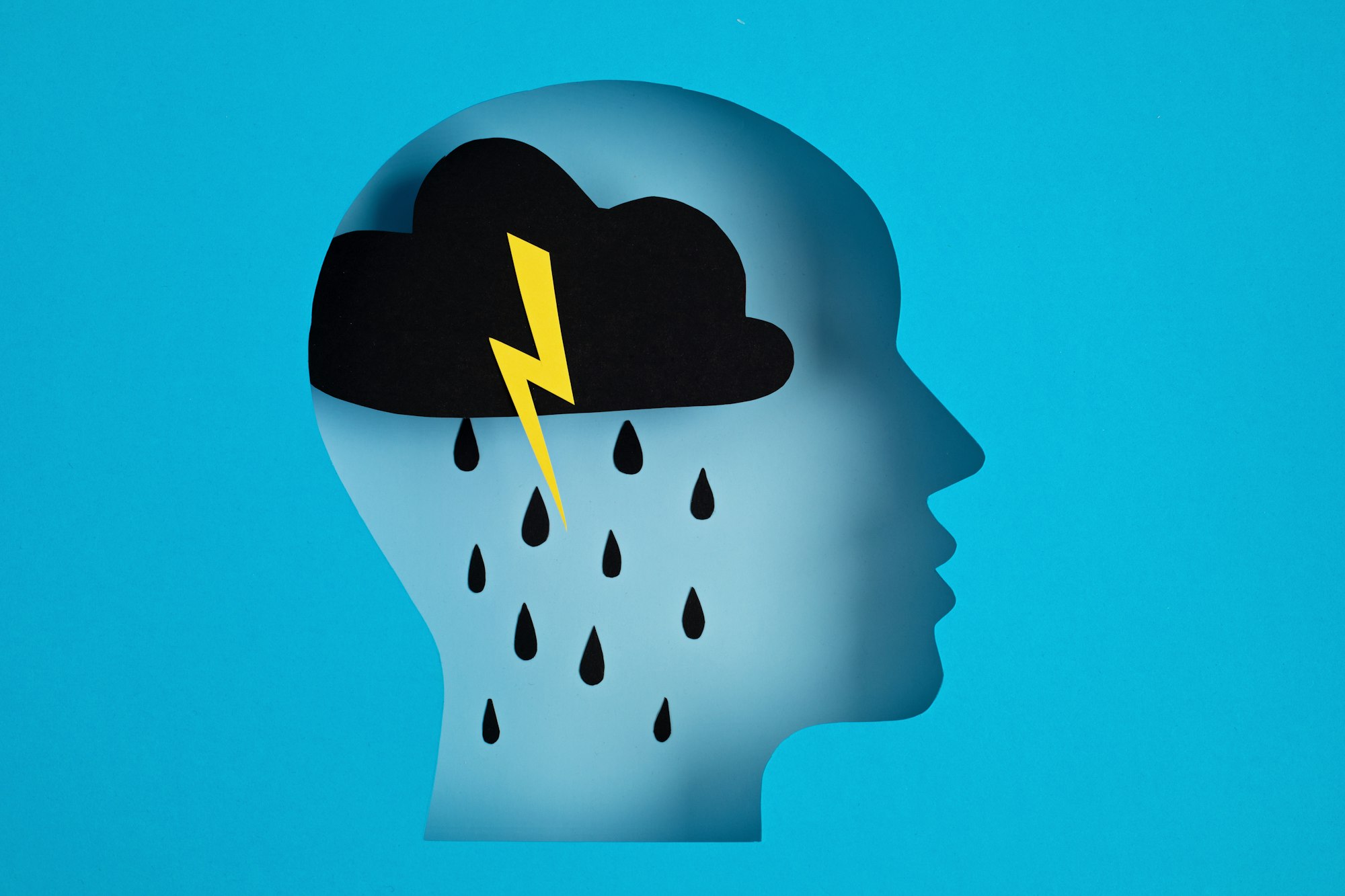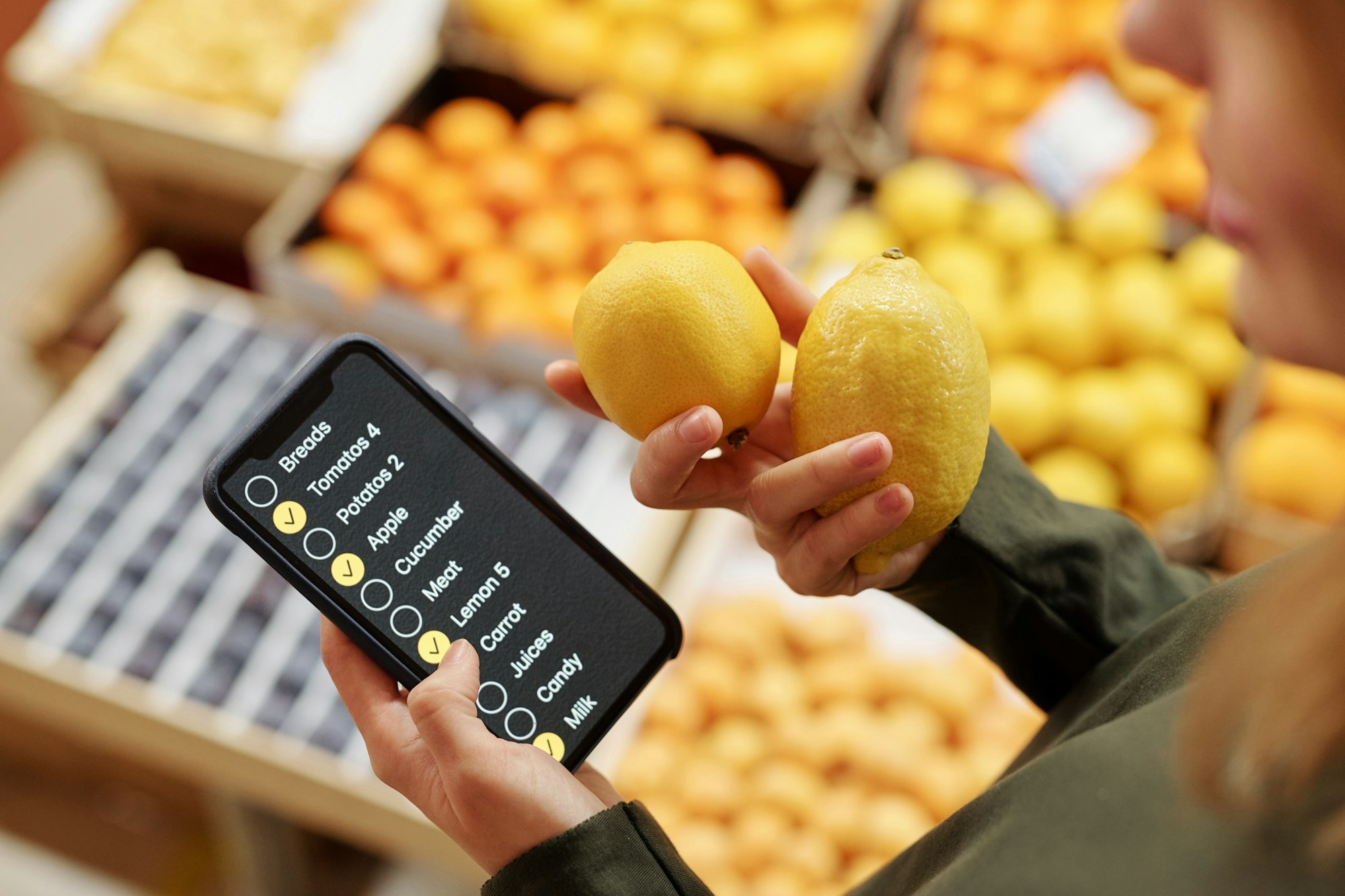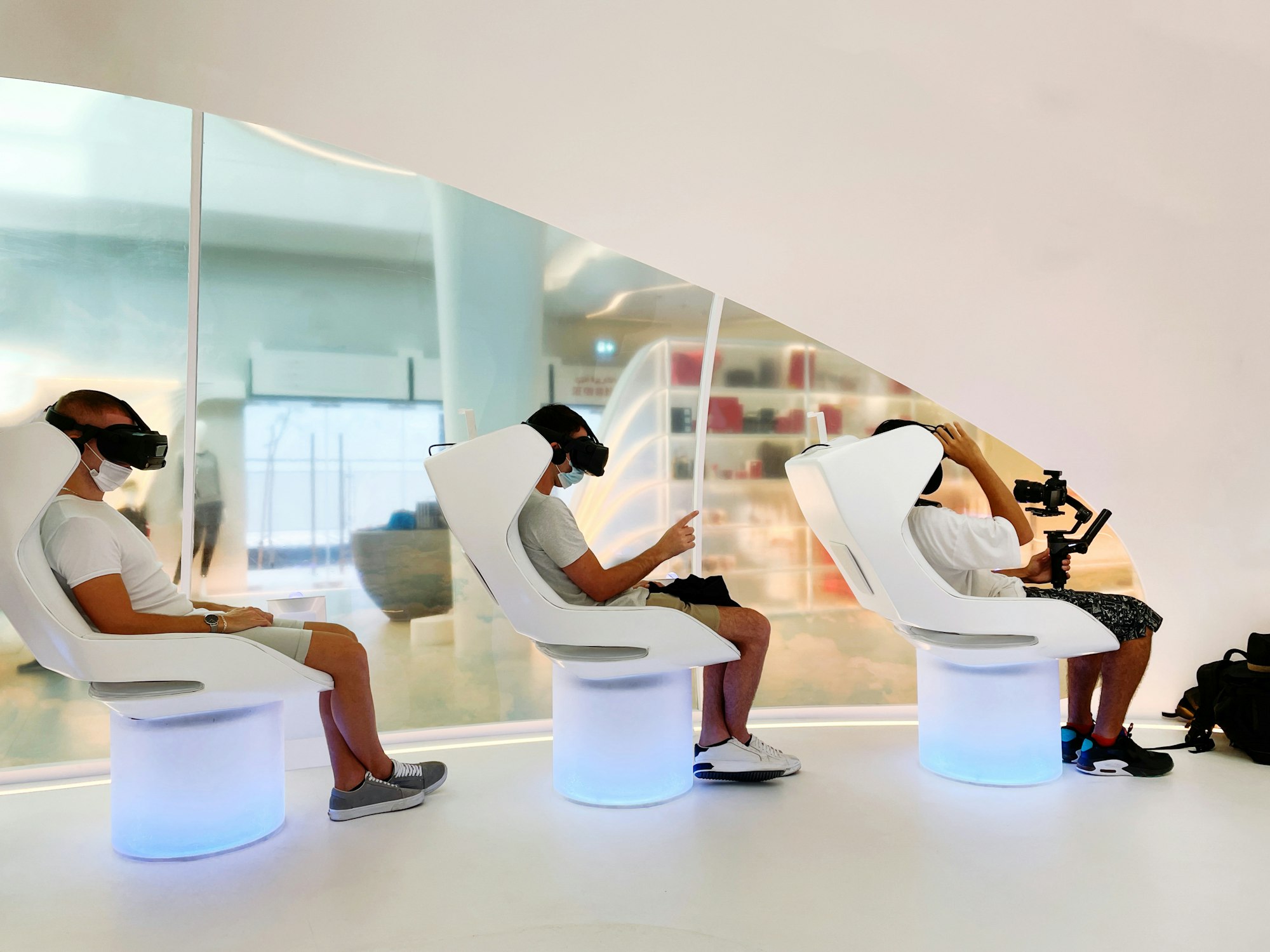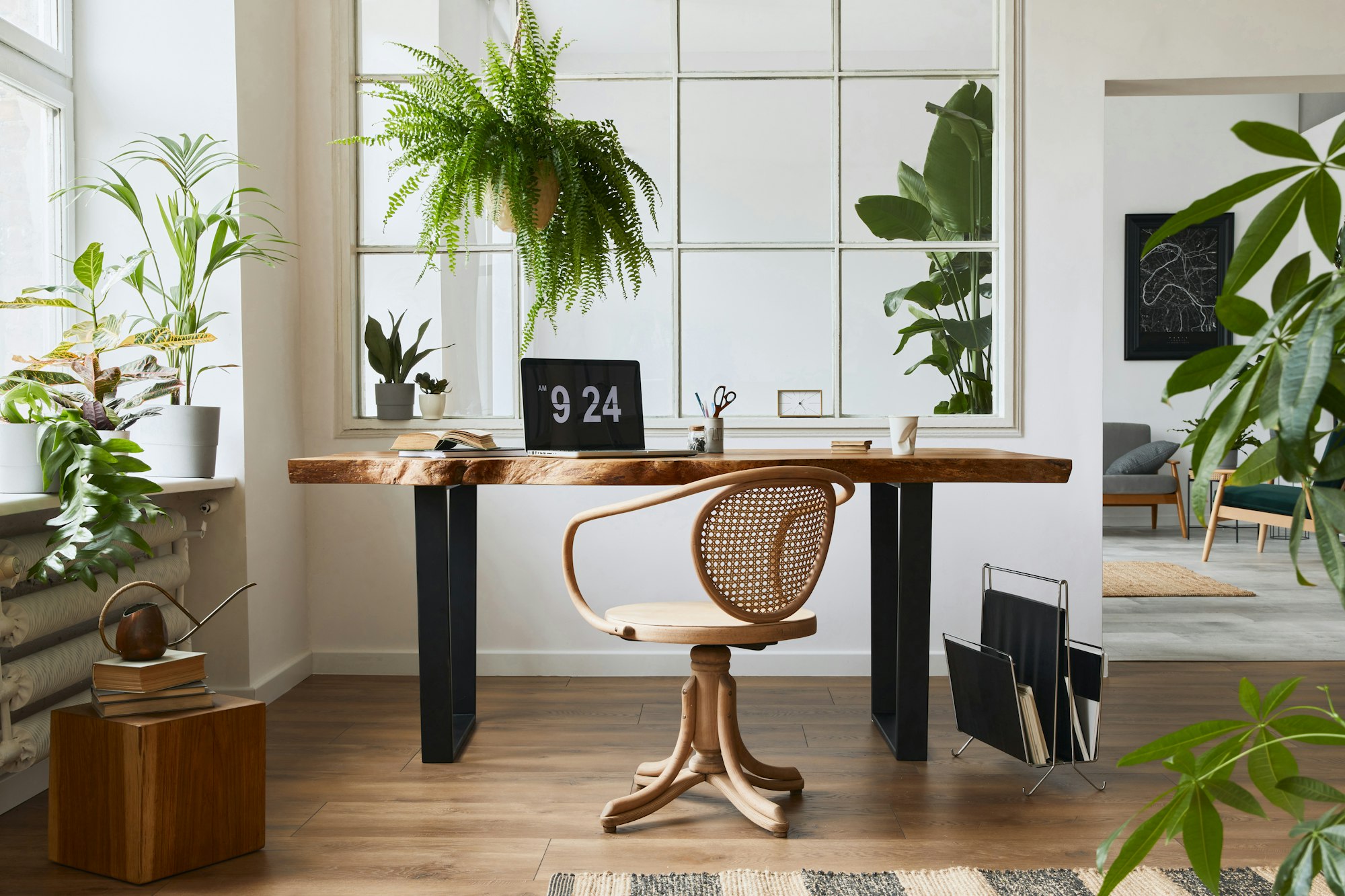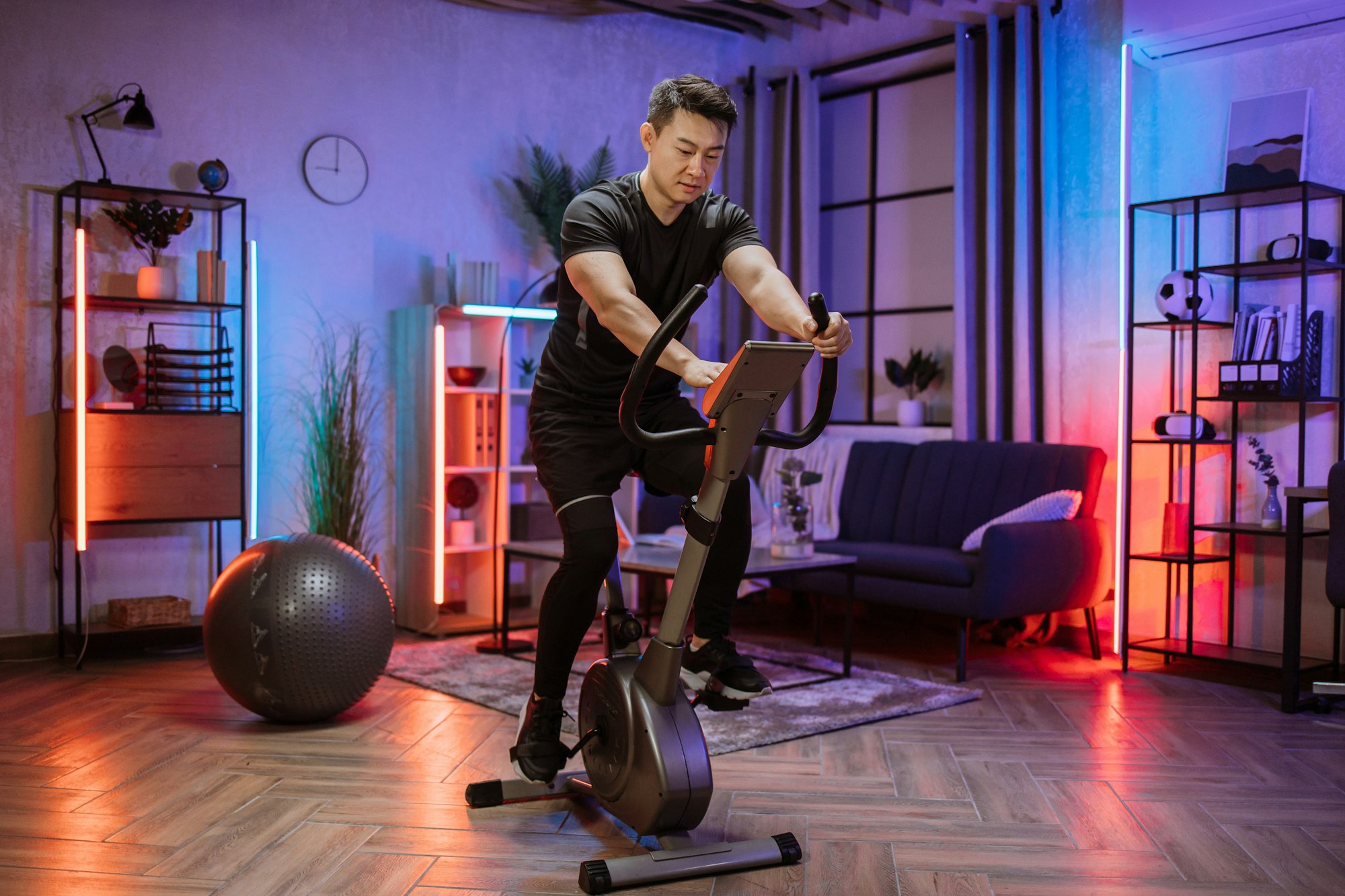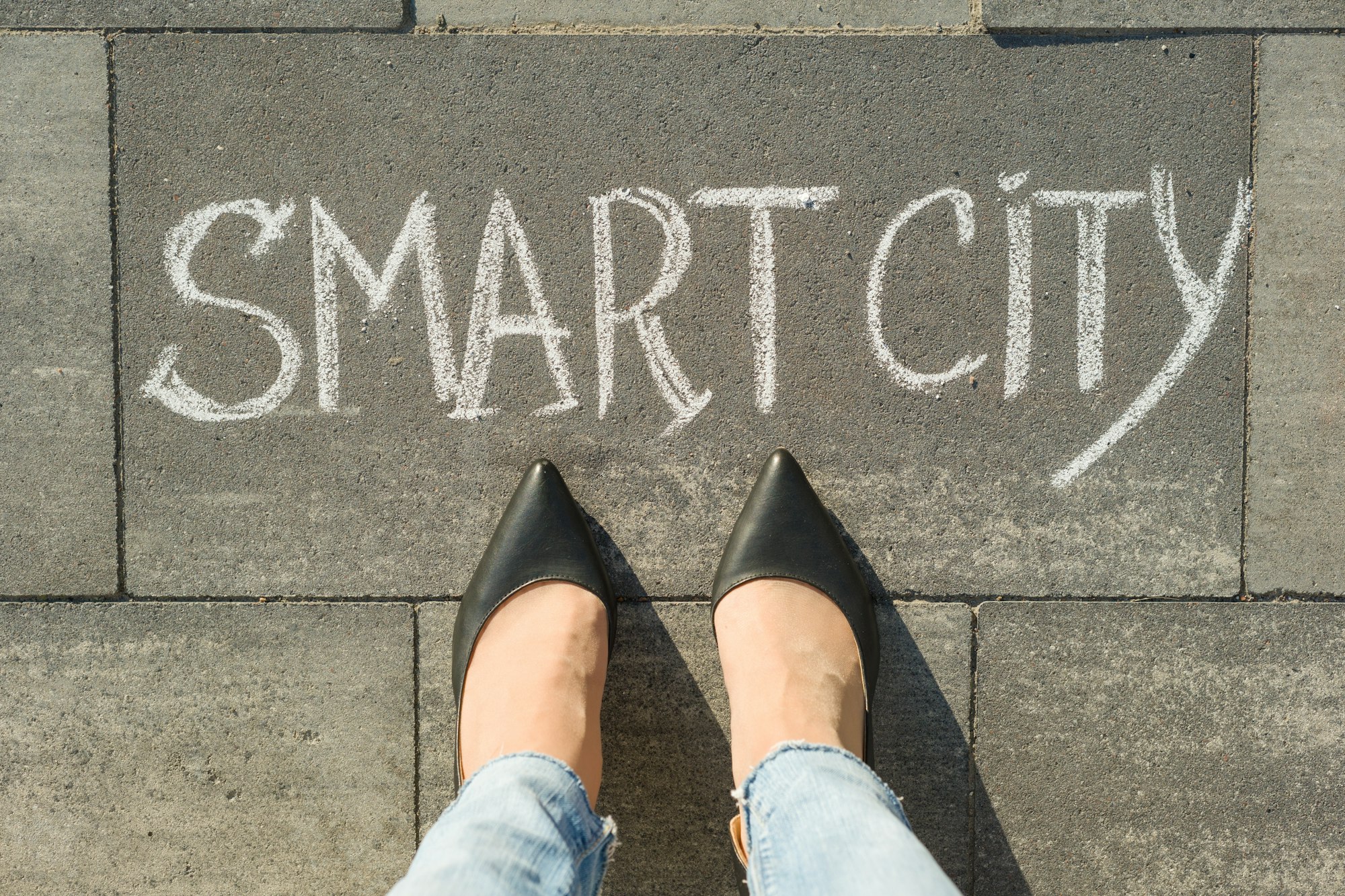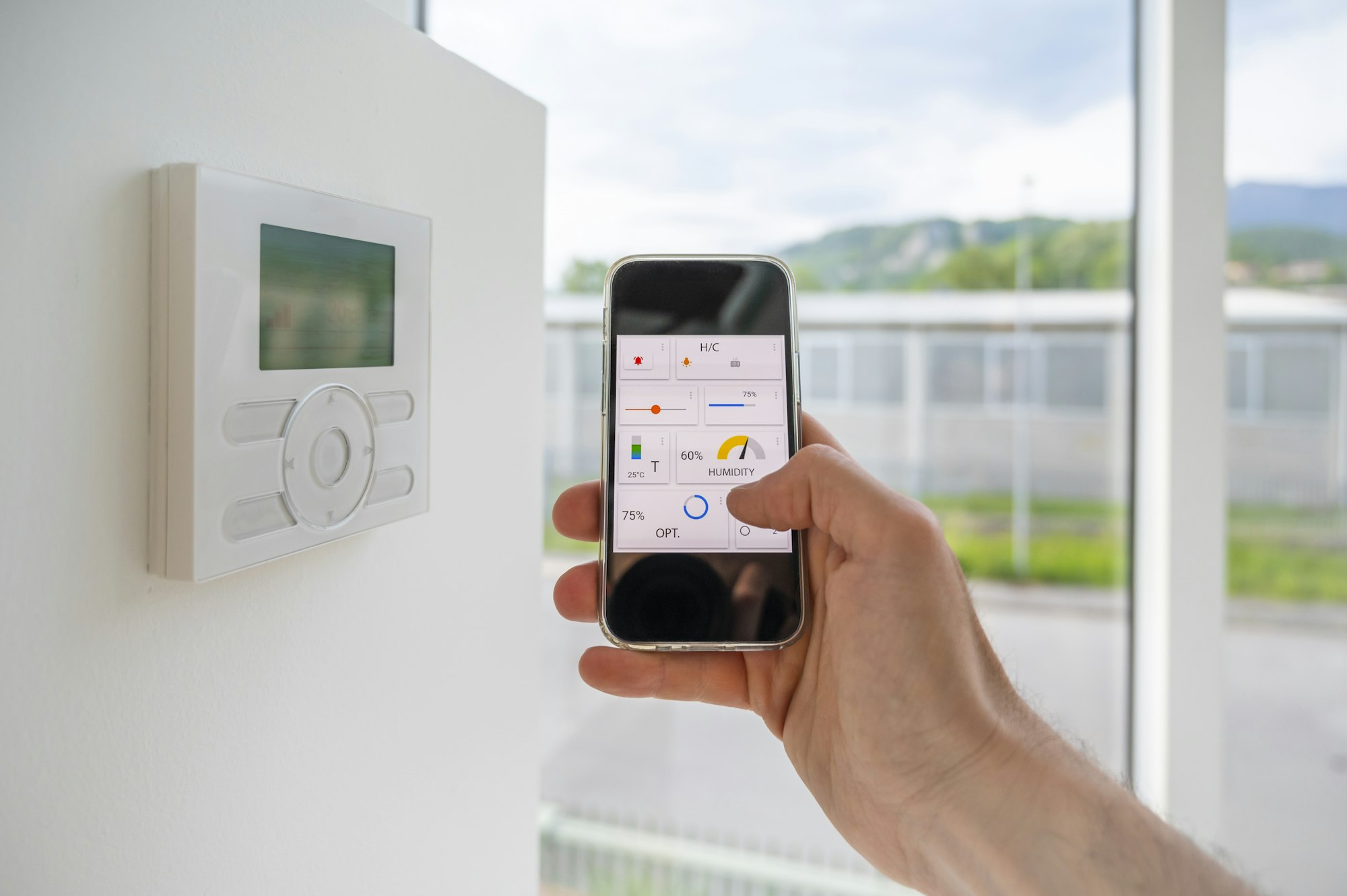In today’s fast-paced world, mental health has become a significant concern. With the rise of technology, a variety of apps and gadgets have been developed to help individuals manage their mental well-being. From mindfulness and meditation apps to innovative gadgets that monitor your mental health, technology offers numerous tools to support a healthier mind. Let’s explore some of the best tech solutions designed to boost your mental well-being.
1. Mindfulness and Meditation Apps
1.1 Headspace
Headspace is a leading mindfulness app that offers guided meditations, sleep aids, and mindfulness exercises. The app’s user-friendly interface and soothing voice guides make it easy for beginners and experienced meditators alike. With a wide range of programs tailored to various needs, such as stress reduction, focus improvement, and anxiety relief, Headspace is a versatile tool for mental well-being.
1.2 Calm
Calm is another popular mindfulness app that focuses on meditation, sleep, and relaxation. It offers guided meditation sessions, sleep stories, breathing exercises, and relaxing music tracks. Calm’s visually appealing design and high-quality content make it a favorite for those looking to reduce stress and improve sleep quality.
1.3 Insight Timer
Insight Timer boasts a vast library of free meditations and mindfulness exercises. With thousands of guided sessions from different teachers around the world, you can find meditations for various purposes, such as managing stress, improving sleep, and boosting self-esteem. The app also includes a timer feature for those who prefer silent meditation sessions.
2. Mood Tracking and Mental Health Monitoring Apps
2.1 Moodpath
Moodpath is a mental health app designed to help users track their mood and identify patterns over time. By answering daily questions about your emotional and physical well-being, the app provides insights into your mental health and offers personalized recommendations. Moodpath also includes guided exercises and educational resources to support your mental health journey.
2.2 Daylio
Daylio is a mood-tracking app that combines journaling with mood monitoring. Users can log their activities and emotions throughout the day, allowing the app to generate detailed reports and trends. Daylio’s simple and intuitive design makes it easy to use, helping users gain a better understanding of their mood patterns and triggers.
2.3 Sanvello
Sanvello offers a holistic approach to mental health by combining mood tracking, cognitive behavioral therapy (CBT) techniques, and mindfulness exercises. The app provides tools to manage stress, anxiety, and depression, along with a supportive community where users can share their experiences and find encouragement.
3. Wearable Gadgets for Mental Health
3.1 Muse
Muse is a brain-sensing headband that provides real-time feedback on your brain activity during meditation. By measuring your brain waves, Muse helps you understand when your mind is calm or active, allowing you to improve your meditation practice. The headband connects to a mobile app that offers guided meditations and detailed insights into your sessions.
3.2 Spire Stone
Spire Stone is a wearable device that tracks your breathing patterns and provides feedback to help you manage stress. By monitoring your breath, Spire Stone can detect when you’re feeling tense and send gentle reminders to take deep breaths and relax. The accompanying app offers guided breathing exercises and mindfulness tips to support your mental well-being.
3.3 Oura Ring
Oura Ring is a smart ring that tracks your sleep, activity, and readiness levels. By monitoring your sleep patterns, heart rate, and body temperature, Oura Ring provides insights into your overall health and well-being. The data collected can help you understand how your daily habits affect your mental and physical health, allowing you to make informed decisions to improve your lifestyle.
4. Virtual Therapy and Counseling Platforms
4.1 BetterHelp
BetterHelp is an online therapy platform that connects users with licensed therapists via text, phone, or video calls. This convenient and accessible service allows individuals to receive professional mental health support from the comfort of their home. BetterHelp offers therapy for various mental health issues, including anxiety, depression, and relationship problems.
4.2 Talkspace
Talkspace is another popular virtual therapy platform that provides access to licensed therapists. Users can communicate with their therapist through messaging, video calls, or audio messages. Talkspace offers flexible plans and a user-friendly interface, making it a practical option for those seeking mental health support.
4.3 7 Cups
7 Cups is an online emotional support service that offers free, anonymous chat sessions with trained listeners. The platform also provides access to licensed therapists for those who need professional counseling. 7 Cups’ supportive community and vast library of self-help resources make it a valuable tool for anyone looking to improve their mental well-being.
5. Integrating Tech into Your Mental Health Routine
5.1 Creating a Routine
To get the most out of these mental health apps and gadgets, it’s essential to create a routine. Set aside specific times each day for mindfulness exercises, mood tracking, or virtual therapy sessions. Consistency is key to reaping the benefits of these tools.
5.2 Combining Tools
Don’t be afraid to combine different apps and gadgets to create a comprehensive mental health routine. For example, you can use a mindfulness app like Headspace for daily meditation, a mood-tracking app like Daylio to monitor your emotions, and a wearable device like Muse to enhance your meditation practice. Combining tools can provide a more holistic approach to managing your mental health.
5.3 Staying Connected
While technology can be a powerful tool for mental health, it’s also important to stay connected with friends, family, and support networks. Use communication platforms like Zoom or WhatsApp to maintain social connections and seek support when needed. Human interaction is vital for mental well-being, so make sure to balance tech use with personal connections.
Conclusion
Technology offers a wealth of resources to support mental health and well-being. From mindfulness and meditation apps to wearable gadgets and virtual therapy platforms, there are numerous tools available to help you manage stress, track your mood, and improve your overall mental health. By incorporating these tech solutions into your daily routine, you can take proactive steps towards a healthier and happier mind. Embrace the power of technology to boost your well-being and enhance your quality of life.
